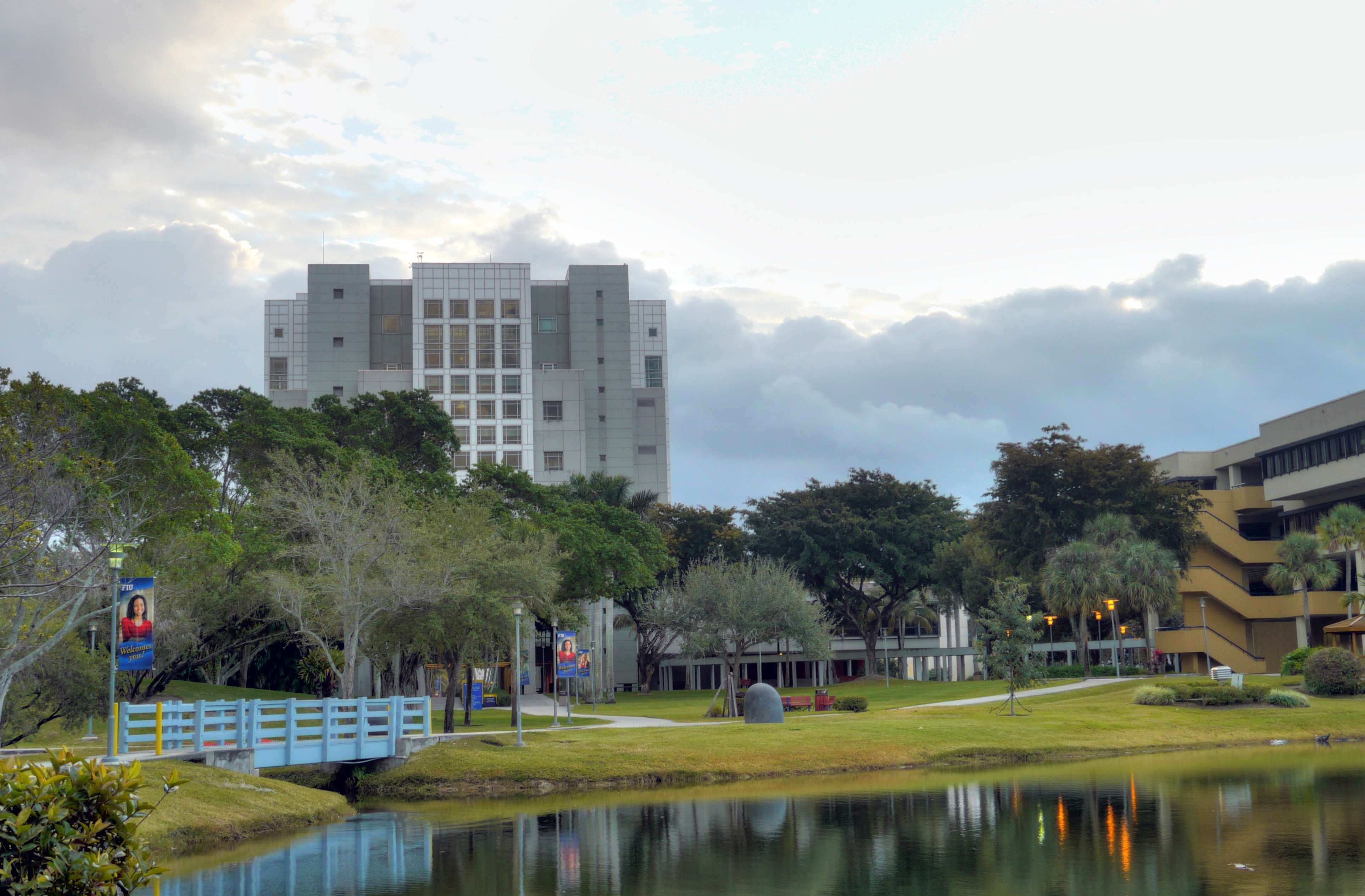Emily Sol/Contributing Writer
Between the years of 2011 and 2015, the National Human Trafficking Hotline received over 240 calls from either transgender or gender non-conforming individuals. During that same time frame, the National Human Trafficking Resource Center also responded to over 300 cases of human trafficking involving the LGBTQ community. Of the 304 cases reported, 74 of them were transgender females, making up 24.3 percent of the demographic.
These statistics, provided by the NHTRC, are now five years old, yet the human trafficking of LGBTQ people remains prevalent. How is it possible that 304 cases were reported in 2015, and since then statistics by the NHTRC have ceased to exist?
The NHTRC is unfortunately not alone when it comes to omitting these statistics. The Miami-Dade State Attorney’s Office, which ranked Florida third in human trafficking, also fails to report how human trafficking uniquely affects queer and transgender youth, in spite of being one of the highest-ranking LGBTQ-populated cities in the U.S.
Despite many articles describing the perils of human trafficking, updated statistical information about how it can uniquely affect LGBTQ people is scarce. By leaving these numbers unreported, organizations are putting the queer and transgender communities at risk. These are communities already disproportionately affected by homelessness and targeted discrimination. In turn, what this does is create a political environment in which we willfully fail to protect vulnerable minorities.
Due to unique health problems LGBTQ victims already face, both our government and public health policies need to do better at protecting these people. While not all human trafficking involves sex trafficking, many individuals who are trafficked are forced into sexual labor. This puts them at a higher risk for contracting and spreading sexually transmitted infections like HIV, which is an infection that already stigmatizes the LGBTQ community.
It’s our government’s job to protect everyone, especially marginalized groups. To properly ensure everyone’s safety, organizations need to fix data gaps and do a better job of reporting information. The lack of data makes it increasingly difficult for LGBTQ people to receive the help they need and find out how they are uniquely targeted. Without thorough research and resources, the queer community doesn’t have the tools they need to reach out and stay safe.
Featured Image by Embajada de los Estados Unidos en Uruguay on Flickr
DISCLAIMER:
The opinions presented within this page do not represent the views of PantherNOW Editorial Board. These views are separate from editorials and reflect individual perspectives of contributing writers and/or members of the University community.
Have questions or comments for our writers? Send an email to opinion@fiusm.com with your name and the name of the column in the subject line.






Be the first to comment on "Human Trafficking In The LGBTQ Community Is Under-Reported And Putting Lives At Risk"